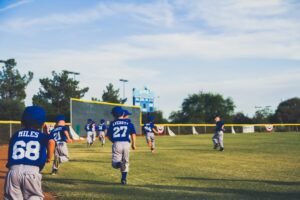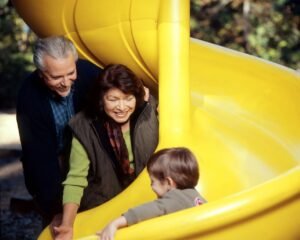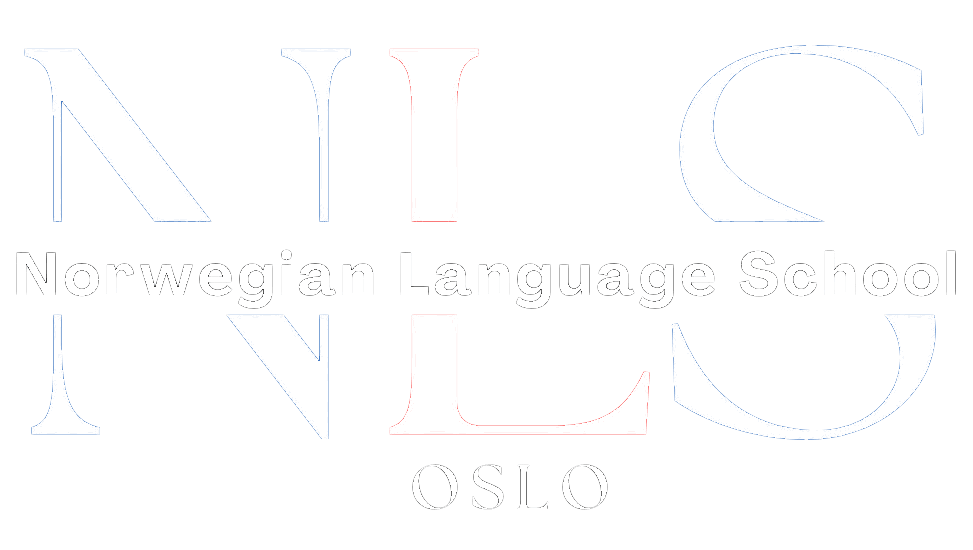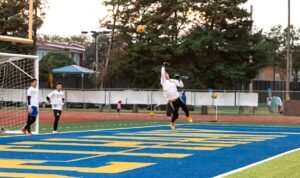
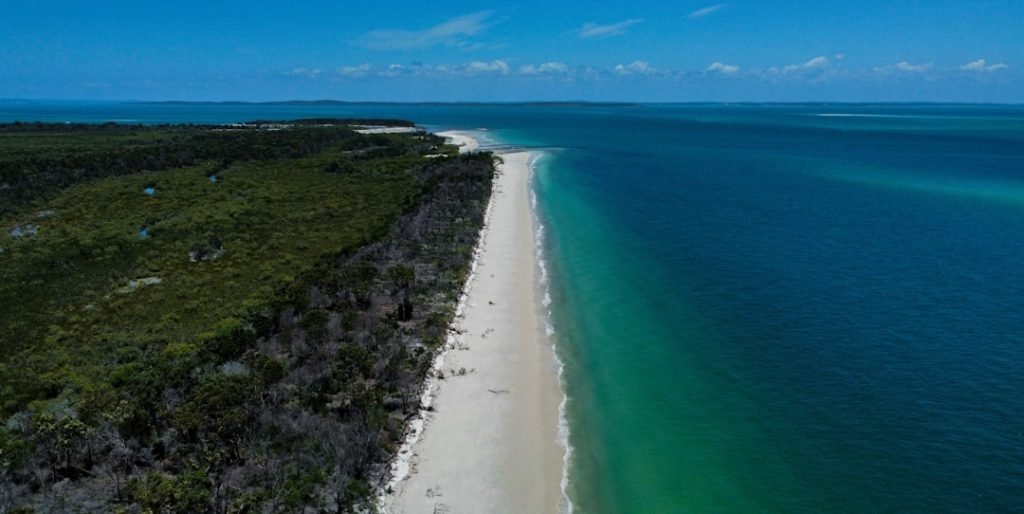
Essential Norwegian Phrases for UK Travellers: A Guide to Navigating Norway with Ease
When travelling to a foreign country, it is always beneficial to learn some basic phrases in the local language. This holds true for Norway as well. While many Norwegians speak English, making an effort to speak their language can go a long way in building connections and showing respect for their culture. In this blog post, we will explore the importance of learning Norwegian phrases for UK travellers and provide a comprehensive guide to essential phrases for various situations.
Learning Norwegian phrases can greatly enhance your travel experience in Norway. Firstly, it allows you to communicate with locals in their native language, which can lead to more meaningful interactions and a deeper understanding of the culture. Norwegians appreciate when visitors make an effort to speak their language and are often more willing to help and engage in conversation. Secondly, knowing basic Norwegian phrases can be extremely helpful in practical situations such as ordering food, asking for directions, or seeking medical assistance. It can make your daily activities smoother and more enjoyable.
This blog post aims to provide a comprehensive guide to learning Norwegian phrases for UK travellers. We will cover basic greetings and phrases for everyday communication, ordering food and drinks in Norwegian restaurants and cafes, asking for directions and navigating public transport, shopping and bargaining in markets and stores, making reservations and booking accommodation in hotels, emergency phrases and important vocabulary for medical situations, cultural etiquette and customs to keep in mind while in Norway, fun phrases and slang words to impress locals and make friends, as well as useful resources for learning more Norwegian phrases and language tips.
Table of Contents
ToggleBasic Greetings and Phrases for Everyday Communication
When visiting Norway, it is important to know some basic greetings and phrases for everyday communication. This will help you navigate social situations with ease and show respect for the local culture. Here are some common greetings and responses:
– “Hei” (Hello) – This is the most common way to greet someone in Norway. It can be used in both formal and informal settings.
– “God morgen” (Good morning) – This is used to greet someone in the morning.
– “God dag” (Good day) – This is a more formal greeting that can be used throughout the day.
– “God kveld” (Good evening) – This is used to greet someone in the evening.
– “Hvordan har du det?” (How are you?) – This is a common way to ask someone how they are doing.
– “Takk” (Thank you) – This is a simple way to express gratitude.
– “Unnskyld” (Excuse me) – This can be used to get someone’s attention or to apologize.
In addition to greetings, it is also useful to know how to introduce yourself and ask for someone’s name. You can say “Jeg heter…” (My name is…) followed by your name. To ask for someone’s name, you can say “Hva heter du?” (What is your name?).
Small talk is an important part of everyday communication. Here are some useful phrases for engaging in small talk:
– “Hvor kommer du fra?” (Where are you from?) – This is a common question that Norwegians ask when meeting someone new.
– “Hva gjør du?” (What do you do?) – This is a way to ask about someone’s occupation or what they do for a living.
– “Har du vært her før?” (Have you been here before?) – This is a good conversation starter when visiting a new place.
Ordering Food and Drinks in Norwegian Restaurants and Cafes
Norway has a rich culinary scene, and trying out local dishes is a must when visiting the country. Knowing some basic Norwegian phrases for ordering food and drinks can make your dining experience more enjoyable. Here are some vocabulary words and phrases to help you navigate Norwegian restaurants and cafes:
– “En meny, takk” (A menu, please) – This is a useful phrase to ask for a menu when you sit down at a restaurant.
– “Jeg vil gjerne bestille…” (I would like to order…) – Use this phrase to place your order.
– “Anbefaler du noe?” (Do you recommend anything?) – This is a great way to ask for recommendations from the waiter or waitress.
– “Kan jeg få regningen?” (Can I have the bill?) – Use this phrase when you are ready to pay.
– “Hvor er toalettet?” (Where is the restroom?) – This is a useful phrase to know when you need to use the restroom.
When dining in Norway, it is important to be aware of tipping etiquette. In general, tipping is not expected in Norway as service charges are usually included in the bill. However, it is common to round up the bill or leave a small tip as a gesture of appreciation for good service.
Asking for Directions and Navigating Public Transport in Norway
Getting around in a foreign country can be challenging, but knowing some basic phrases for asking for directions and navigating public transport can make your travel experience much smoother. Here are some vocabulary words and phrases to help you navigate Norway:
– “Hvor er…” (Where is…) – Use this phrase followed by the name of the place or landmark you are looking for.
– “Hvordan kommer jeg til…” (How do I get to…) – Use this phrase followed by the name of your destination.
– “Er det langt herfra?” (Is it far from here?) – This is a useful phrase to ask about the distance between your current location and your destination.
– “Hvor kan jeg kjøpe billett?” (Where can I buy a ticket?) – Use this phrase when you need to purchase a ticket for public transport.
– “Hvilken plattform går toget fra?” (Which platform does the train depart from?) – This is a useful phrase to ask about the platform number for your train.
Understanding public transport signs and announcements is also important. Here are some common signs and announcements you may encounter:
– “Inngang” (Entrance) – This sign indicates the entrance to a train station or bus stop.
– “Utgang” (Exit) – This sign indicates the exit from a train station or bus stop.
– “Toalett” (Restroom) – This sign indicates the location of the restroom.
– “Neste stasjon” (Next station) – This announcement is made on trains and buses to indicate the next stop.
When using public transport in Norway, it is important to buy a ticket before boarding. Tickets can be purchased at ticket machines or at designated ticket counters. It is also important to validate your ticket before boarding the train or bus. Failure to do so may result in a fine.
Shopping and Bargaining in Norwegian Markets and Stores
Shopping is a popular activity for many travellers, and Norway offers a wide range of shopping options, from local markets to high-end stores. Knowing some basic Norwegian phrases for shopping and bargaining can enhance your shopping experience. Here are some vocabulary words and phrases to help you navigate Norwegian markets and stores:
– “Hvor mye koster det?” (How much does it cost?) – Use this phrase when you want to know the price of an item.
– “Kan du gi meg rabatt?” (Can you give me a discount?) – This is a useful phrase when bargaining for a lower price.
– “Har du noe billigere?” (Do you have anything cheaper?) – Use this phrase when looking for a more affordable option.
– “Kan jeg prøve dette på?” (Can I try this on?) – This is a useful phrase when trying on clothes or shoes.
– “Har du dette i en annen størrelse?” (Do you have this in a different size?) – Use this phrase when looking for a different size.
When shopping in Norway, it is important to understand the prices and currency. Norway uses the Norwegian Krone (NOK) as its currency. It is also important to note that bargaining is not common in Norway, especially in larger stores. However, in local markets or smaller shops, it may be possible to negotiate a lower price.
Making Reservations and Booking Accommodation in Norwegian Hotels
When travelling to Norway, it is important to book accommodation in advance. Knowing some basic Norwegian phrases for making reservations and booking hotels can make the process smoother. Here are some vocabulary words and phrases to help you book accommodation in Norway:
– “Jeg vil gjerne bestille et rom” (I would like to book a room) – Use this phrase when making a reservation.
– “Har dere ledige rom?” (Do you have any available rooms?) – This is a useful phrase to ask about room availability.
– “Kan jeg få et rom med…” (Can I have a room with…) – Use this phrase to make special requests, such as a room with a view or a non-smoking room.
– “Kan jeg avbestille reservasjonen?” (Can I cancel the reservation?) – This is a useful phrase to know if you need to cancel your reservation.
Understanding hotel amenities and services is also important. Here are some common terms you may encounter:
– “Enkeltrom” (Single room) – This refers to a room with one single bed.
– “Dobbeltrom” (Double room) – This refers to a room with one double bed.
– “Frokost inkludert” (Breakfast included) – This indicates that breakfast is included in the room rate.
– “Wi-Fi tilgjengelig” (Wi-Fi available) – This indicates that the hotel offers Wi-Fi access.
When booking accommodation in Norway, it is important to make special requests in advance, as not all hotels may be able to accommodate them. It is also important to check the cancellation policy before making a reservation, as some hotels may charge a fee for cancellations.
Emergency Phrases and Important Vocabulary for Medical Situations
While no one wants to think about emergencies or medical situations while travelling, it is important to be prepared. Knowing some basic emergency phrases and vocabulary for medical situations can be extremely helpful. Here are some vocabulary words and phrases to help you in case of a medical emergency:
– “Hjelp!” (Help!) – This is a simple phrase to call for assistance in an emergency.
– “Jeg trenger hjelp” (I need help) – Use this phrase to communicate that you need assistance.
– “Ring ambulanse” (Call an ambulance) – This is a useful phrase to know if you need to call for an ambulance.
– “Jeg har vondt ..” (I have pain in…) – Use this phrase to describe your symptoms or the area of your body that is in pain.
– “Er det et apotek i nærheten?” (Is there a pharmacy nearby?) – This is a useful phrase to ask about the location of a pharmacy.
Understanding emergency services and procedures is also important. In Norway, the emergency number is 113 for medical emergencies. It is important to have travel insurance that covers medical expenses while travelling in Norway.
Cultural Etiquette and Customs to Keep in Mind While in Norway
When travelling to a foreign country, it is important to be aware of the local culture and customs. Norway has its own unique customs and etiquette that visitors should be mindful of. Here are some cultural etiquette tips to keep in mind while in Norway:
– Norwegians value punctuality, so it is important to be on time for appointments and meetings.
– Norwegians appreciate personal space and privacy, so it is important to respect their personal boundaries.
– It is customary to remove your shoes when entering someone’s home in Norway.
– Norwegians are known for their love of nature, so it is important to respect the environment and follow the rules of outdoor activities.
– Norwegians are generally reserved and may not engage in small talk with strangers. However, they are friendly and helpful if approached.
Understanding cultural differences and avoiding cultural faux pas can greatly enhance your travel experience in Norway and help you build connections with locals.
Fun Phrases and Slang Words to Impress Locals and Make Friends
Learning some fun phrases and slang words can help you impress locals and make friends while travelling in Norway. Here are some common slang words and phrases that you can use:
– “Koselig” – This word is used to describe something that is cozy or nice.
– “Tusen takk” – This phrase means “thank you very much” and is a more enthusiastic way of expressing gratitude.
– “Skål” – This word means “cheers” and is used when making a toast.
– “Kjæreste” – This word means “boyfriend” or “girlfriend” and can be used to refer to a romantic partner.
– “Helt topp” – This phrase means “totally great” or “awesome” and can be used to express enthusiasm.
In addition to slang words, learning some expressions for showing enthusiasm and excitement can help you connect with locals. Here are some expressions you can use:
– “Dette er fantastisk!” (This is fantastic!)
– “Jeg er kjempeglad!” (I am super happy!)
– “Jeg gleder meg veldig!” (I am really excited!)
Humorous phrases and jokes can also help you break the ice and make friends. Here are some light-hearted phrases and jokes you can use:
– “Hvorfor klatrer ikke nordmenn trær?” (Why don’t Norwegians climb trees?) – “Fordi de er redde for å falle ned og treffe hodet på bakken!” (Because they are afraid of falling down and hitting their heads on the ground!)
Useful Resources for Learning More Norwegian Phrases and Language Tips
Learning a new language is a continuous process, and there are many resources available to help you improve your Norwegian skills. Here are some useful resources for learning more Norwegian phrases and language tips:
– Online resources: There are many websites and apps that offer free lessons and exercises for learning Norwegian, such as Duolingo, Babbel, and Memrise.
– Language exchange programs: Joining a language exchange program can be a great way to practice your Norwegian skills with native speakers. Websites like ConversationExchange.com and Tandem allow you to connect with language partners from around the world.
– Language courses: Taking a formal language course can provide you with structured lessons and guidance from a qualified instructor. Many language schools offer Norwegian courses for beginners.
– Practice with locals: When in Norway, make an effort to practice speaking Norwegian with locals. Engaging in conversations with native speakers will not only improve your language skills but also expose you to the nuances and colloquialisms of the language. Locals can provide valuable feedback and corrections, helping you refine your pronunciation and grammar. Additionally, immersing yourself in the local culture will give you a deeper understanding of the language and its usage in everyday life.
If you’re planning a trip to Norway, it’s always helpful to learn some basic Norwegian phrases to make your experience smoother. In addition to that, NLS Norwegian offers a variety of related articles to expand your language skills. One such article is “Navigating Norwegian Markets: Essential Vocabulary for Shoppers.” This article provides useful phrases and vocabulary for those who want to explore the local markets in Norway. Whether you’re looking for fresh produce or unique souvenirs, this article will help you communicate with the local vendors and make the most of your shopping experience. Check out the article here.
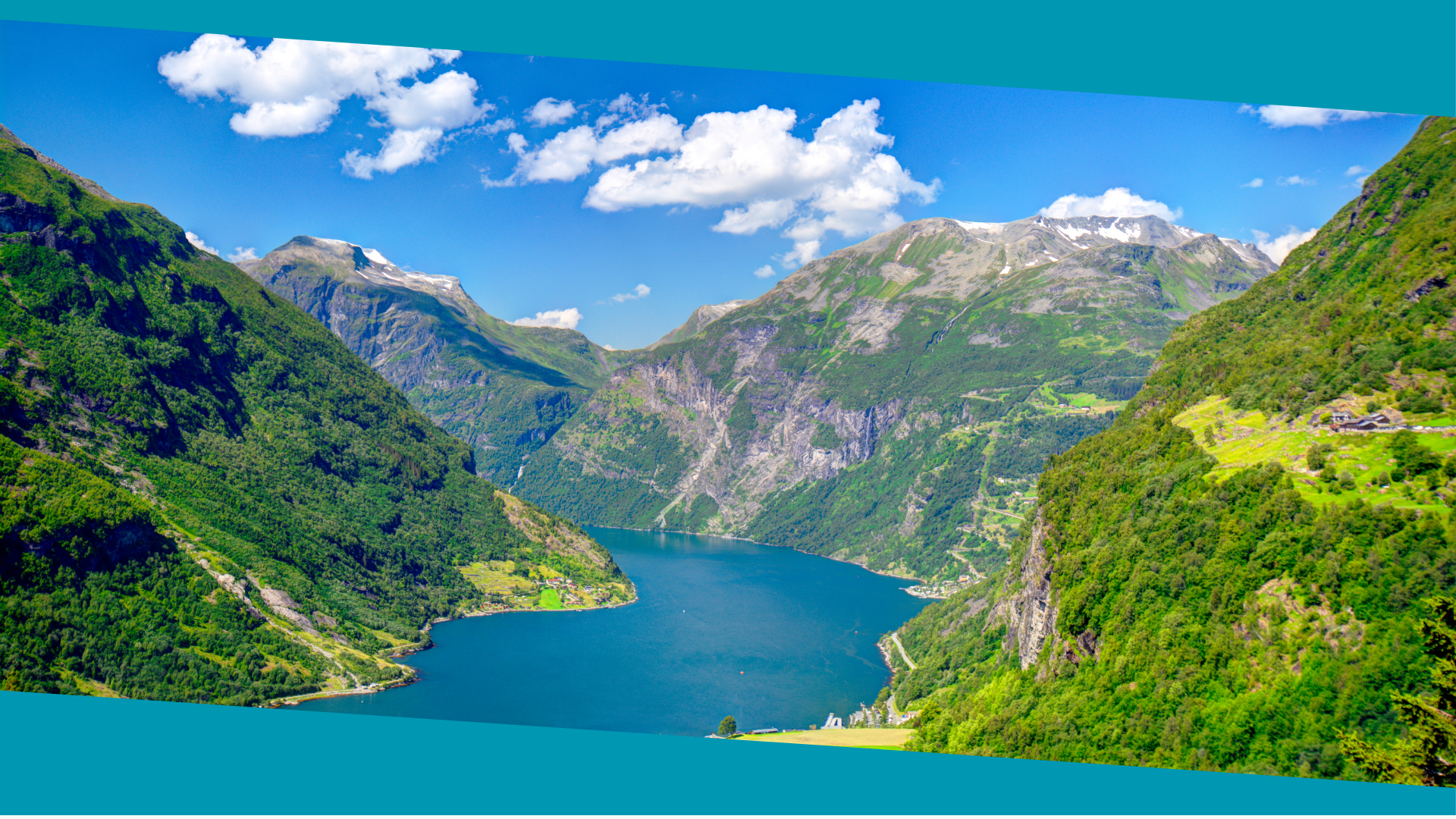
Norwegian A1-A2
Course Overview The Norwegian A1-A2 course is an online program focused on teaching essential Norwegian grammar and vocabulary. It includes a variety of materials and topics, with opportunities to interact with a Norwegian teacher entirely online. Curriculum Highlights The course covers key areas such as grammar and vocabulary and topics such as family, daily life, education, work, traditions, and leisure activities. Who Should Enroll? This course is perfect for beginners or those at the A1 or A2 levels who want to improve their Norwegian skills. What You Get Access to the full Norwegian A1-A2 course. A monthly 1-hour online conversation with a teacher. Many written and oral assignments. Comprehensive information on Norwegian grammar, Norwegian vocabulary and how to use them, important sentence structures, etc. Tips on additional resources to further enhance your Norwegian learning.
0 students enrolled
Last updated Dec 10th, 2024
If you want to learn Norwegian, you can register for classes here. We look forward to hearing from you and helping you become fluent in Norwegian.
Refer a friend and get $150. Join the program here



